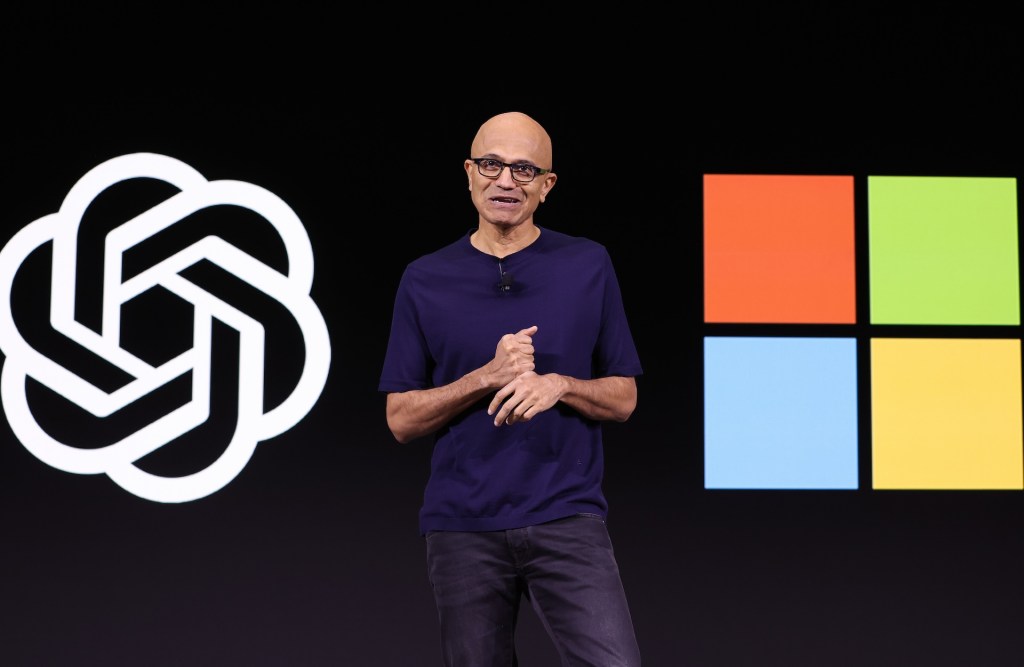In the rapidly evolving landscape of artificial intelligence (AI), the partnership between Microsoft and OpenAI stands as a pivotal alliance shaping the future of technology. Since 2019, Microsoft has invested over $13 billion into OpenAI, integrating its advanced AI models into Microsoft’s products and services. However, recent developments indicate that both companies are engaged in complex negotiations to redefine the terms of their collaboration, aiming to align their strategic objectives and address emerging challenges.
Background of the Partnership
Microsoft’s substantial investment in OpenAI has been instrumental in advancing AI technologies, with OpenAI’s models enhancing Microsoft’s offerings across various platforms. This collaboration has not only propelled AI innovation but also positioned both companies at the forefront of the industry.
Current Negotiations and Strategic Realignments
According to reports from the Financial Times, OpenAI is in a tough negotiation with Microsoft, focusing on several critical aspects:
1. Equity Distribution: Determining the extent of Microsoft’s equity in OpenAI’s for-profit arm is a central issue. Microsoft is reportedly willing to adjust its equity stake in exchange for extended access to OpenAI’s AI technologies beyond the current 2030 agreement.
2. Revenue Sharing Adjustments: OpenAI plans to reduce the revenue share allocated to Microsoft. Historically, OpenAI agreed to share 20% of its revenue with Microsoft until 2030. However, under revised projections, this share may decrease to 10% by the end of the decade.
3. Corporate Restructuring: OpenAI is transitioning its for-profit arm from a capped-profit model to a public benefit corporation. This restructuring aims to attract significant funding while maintaining the nonprofit board’s oversight, ensuring that OpenAI’s mission to benefit humanity remains intact.
Challenges and Competitive Dynamics
The negotiations are further complicated by the evolving competitive landscape:
– Infrastructure Initiatives: OpenAI’s ambitious Stargate project, a $500 billion AI data center initiative in collaboration with Oracle and SoftBank, has introduced new dynamics. While Microsoft has relaxed its exclusivity over OpenAI’s data center operations to accommodate this venture, it seeks to maintain a strategic position within the partnership.
– Regulatory Scrutiny: The partnership has attracted attention from regulatory bodies. The UK’s Competition and Markets Authority (CMA) investigated the alliance but concluded that it does not constitute a merger situation, allowing the partnership to proceed without intervention.
– Antitrust Concerns: The U.S. Federal Trade Commission (FTC) has expressed concerns about potential anti-competitive practices arising from the partnership. Issues such as lock-in effects, where AI companies may find it challenging to switch cloud providers, and the consolidation of AI talent have been highlighted.
Implications for the AI Industry
The outcome of these negotiations holds significant implications:
– Innovation Trajectory: The partnership’s evolution will influence the pace and direction of AI advancements, potentially setting industry standards.
– Market Dynamics: Adjustments in equity and revenue sharing could impact how AI technologies are commercialized and distributed, affecting competitors and stakeholders.
– Regulatory Landscape: The partnership’s structure and operations may serve as a precedent for how large tech collaborations are viewed and regulated globally.
Conclusion
As Microsoft and OpenAI navigate these complex negotiations, the tech industry watches closely. The decisions made will not only redefine their partnership but also shape the broader AI ecosystem, influencing innovation, competition, and regulatory approaches in the years to come.



